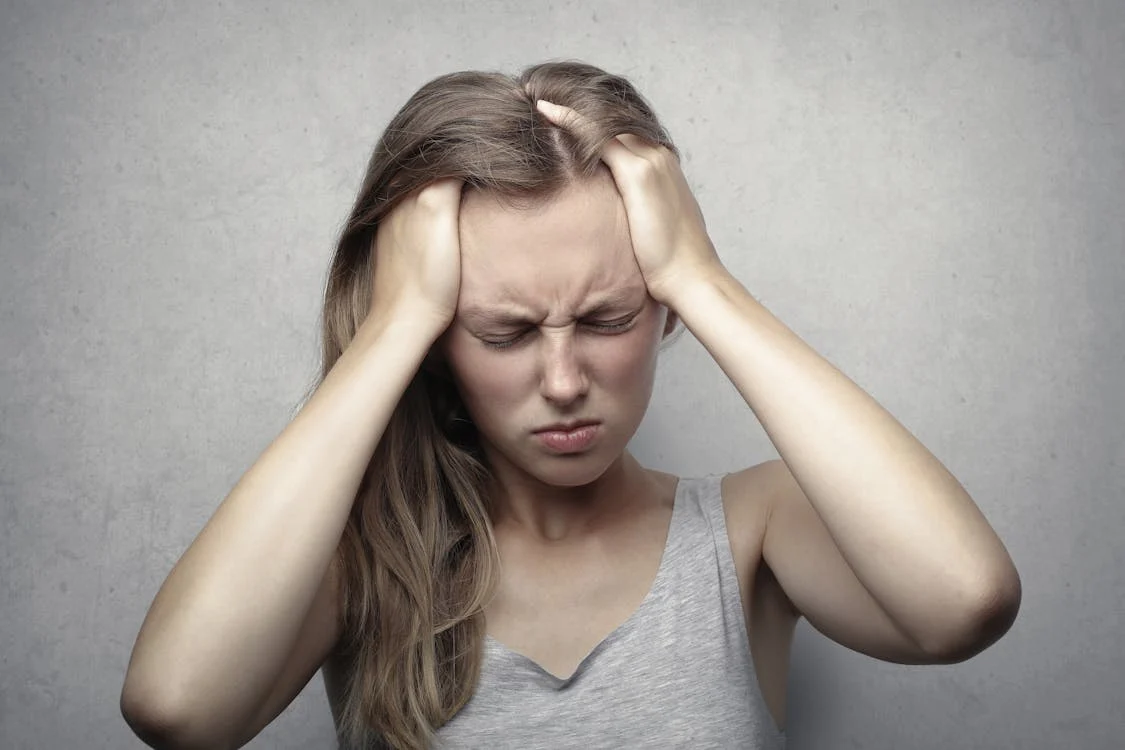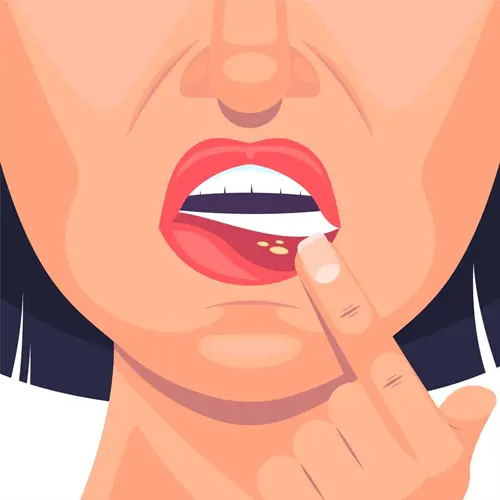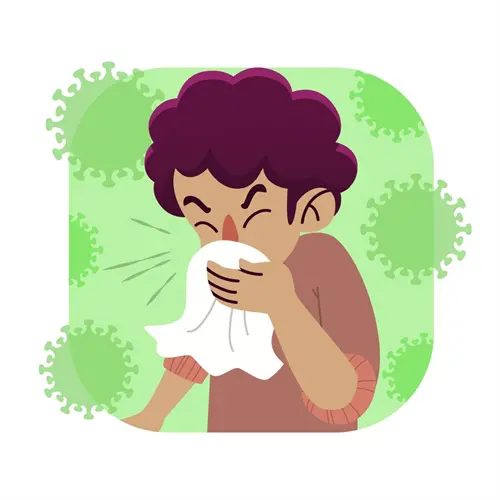Preventive Healthcare
Everything you need to know about Concussions: Symptoms to Solutions
1180 Views
0

If you've ever experienced a bump or blow to the head, you might have wondered about the possibility of a concussion. A concussion is a mild traumatic brain injury that can be caused by a head injury. Concussions are more common than you might think, especially in sports and recreational activities. In this article, we'll discuss everything about concussions, including how they happen, how to recognize them, and what steps you can take to properly diagnose and effectively treat concussions. Let's explore together!
What Is A Concussion?
A concussion is a type of head injury that occurs when you receive a sudden blow to the head, causing your brain to move rapidly back and forth inside your skull. This movement can cause chemical changes in your brain and sometimes stretch and damage brain cells. Think of a concussion as a "brain shake-up" that can temporarily affect the way your brain works.
What Causes A Concussion?
You should know what causes a concussion so that you can protect yourself from potential brain damage. Here's a breakdown of the common concussion causes:
- Concussion due to direct impact : When you experience a direct blow to the head, such as in a collision during sports, a fall, or an accident, the force can cause your brain to jolt or twist inside your skull, leading to a concussion .
- Whiplash effect : Even if the impact isn't directly on your head, sudden movements that cause your head to jerk back and forth violently, like in a car accident, can still result in a concussion .
- Concussion due to violent shaking : Being violently shaken physically or experiencing a blast wave (common in military combat), is also one of the common concussion causes . The rapid movement of your head can disrupt normal brain function and lead to an injury.
- Repeated hits : In some cases, repeated blows to the head, even if individually they seem minor, can accumulate and eventually cause a concussion . This is particularly common in contact sports like football, hockey, or boxing.
What Are The Symptoms Of A Concussion?
Here are some common concussion symptoms to watch out for:
- You may experience a persistent or worsening headache following a concussion injury .
- Feeling nauseous or vomiting after a blow to the head can be a sign of concussion and should be taken seriously.
- Feeling dizzy, lightheaded, or having trouble maintaining your balance can be a sign of concussion .
- You might have trouble concentrating, or feel disoriented after a concussion.
- You may feel like your thoughts are foggy following injury, indicating a concussion .
- Increased sensitivity to light or noise is one of the key concussion symptoms , making it uncomfortable to be in bright or noisy environments.
- Concussions can cause mood swings.
- Difficulty falling asleep, staying asleep, or sleeping more than usual can all be signs of a concussion .
Concussions In Children
Concussions in children occur just like in adults, but their symptoms may differ. Here's what you need to know when it comes to children and concussions:
- Keep an eye out for symptoms of concussion such as headache, nausea, dizziness, confusion, irritability, or changes in sleep patterns after a bump or fall.
- If you suspect your child has a concussion, it's necessary to seek medical attention promptly. Children's brains are still developing, so any injury should be taken seriously.
- Just like adults, children need plenty of rest and limited stimulation after a concussion. This means avoiding physical activities, screens, and bright lights until concussion symptoms improve.
- Once your child's symptoms of concussion have resolved, it's important to gradually reintroduce them to normal activities.
- Keep open communication with a doctor and school to ensure they receive the support they need during recovery from concussion.
Concussions In Babies
When it comes to concussions in babies, it's crucial to be vigilant and informed as they might not be able to communicate their symptoms. Here's what you need to know about concussion in babies:
- Look for unusual behaviour such as excessive crying, difficulty waking up, vomiting, or lack of interest in feeding after a fall or impact.
- Do not wait and seek immediate medical attention if you suspect your baby has had a concussion.
- After a concussion, it's essential to keep your baby calm and comfortable.
- Follow the instructions of doctors carefully to ensure your baby's safety and well-being.
- Keep a close eye on your baby's behaviour and symptoms in the days following the concussion, and don't hesitate to seek medical help if you have any concerns.
How Is A Concussion Diagnosed?
Here's what you can expect during the concussion diagnosis process:
- Your doctor will ask you questions about the concussion, your symptoms, and any previous medical history related to head injuries.
- Your doctor will perform a physical exam to detect a concussion, which may include tests to assess your balance, coordination, reflexes, and cognitive function.
- Neurological tests may be conducted to evaluate your brain function, such as testing your memory, concentration, and reaction time which can be affected after a concussion.
- In some cases, imaging tests like a CT scan or MRI may be ordered to rule out more severe brain injuries or complications aside from concussion.
- Your symptoms of concussion will be monitored over time to track your progress and determine when it's safe for you to return to normal activities.
How Is A Concussion Treated?
Concussion treatment involves both physical and cognitive rest to allow your brain to heal properly. Here's what you can expect in terms of concussion treatment:
- Your doctor will likely recommend proper rest and avoiding activities that could worsen the symptoms of concussion, such as physical exertion, screen time, or mentally demanding tasks.
- Over-the-counter pain relievers like acetaminophen may be recommended to alleviate headaches and discomfort caused by concussion.
- Your symptoms will be closely monitored to track your progress and ensure there are no complications after a concussion.
- Once your symptoms of concussion improve, you'll gradually reintroduce activities like school, work, and physical exercise. It's important to listen to your body and not rush the recovery process after a concussion.
How Can I Prevent Concussions?
To reduce your risk of concussion, always wear proper protective gear, especially when playing sports. Avoid risky behaviors, such as reckless driving or participating in activities where a fall is likely to occur. Always remain vigilant and prioritize safety measures to protect yourself from concussion.
Conclusion
In summary, concussions are common but require special care it is important to recognize the symptoms of a concussion promptly, seek medical attention, and get adequate rest. Protect yourself and your loved ones by understanding the risks of concussion and taking preventative measures. Stay informed, stay safe, and prioritize your brain health for a complete recovery from a concussion. On the other hand, you can learn the most healthy health using many examinations provided by Metropolis Healthcare, one of the major domestic diagnostic service providers. Metropolis Healthcare specializes in advanced laboratory organizations and is fine at home. Book your test today!























 WhatsApp
WhatsApp